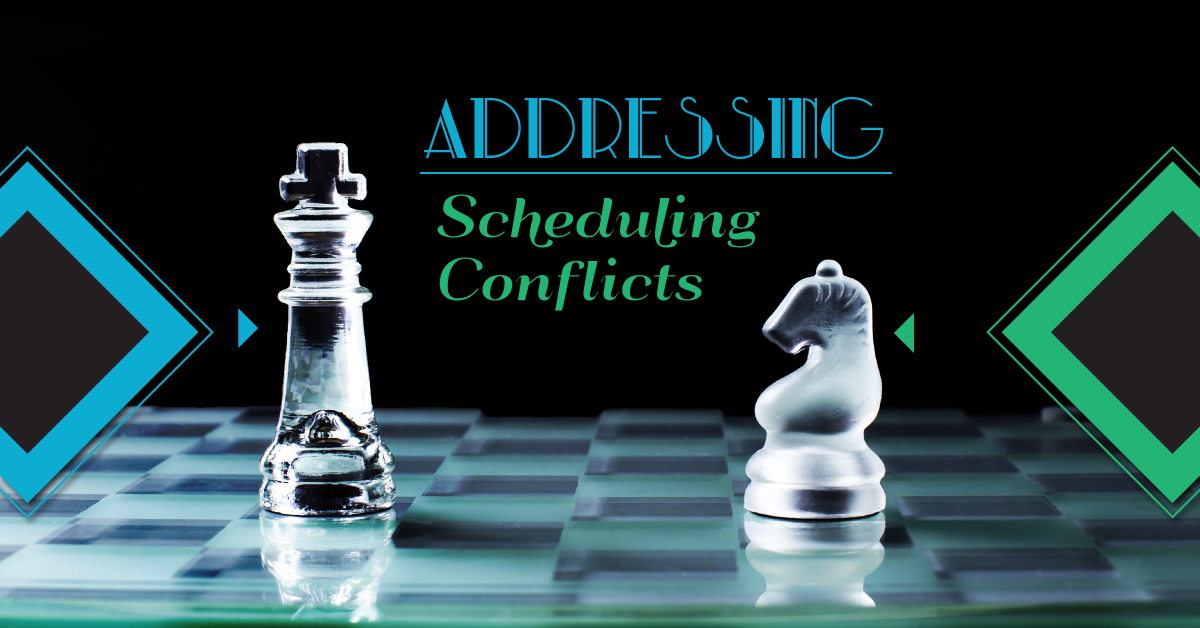Tips to Keep Your Rehearsals Focused
We asked drama teachers: What tips do you have for keeping your rehearsals focused?
Let’s hear from the front lines!
John H. subscribes to short and sweet:
- My rehearsal schedule is short. 25 days for a straight play and 32 days for a musical. Shakespeare around 29 days.
- Each rehearsal is two hours long. There is no time to fool around. It creates a sense of urgency.
- I select hard-working students who have proven to me they know how to rehearse. They prove it in class. If a student shows up late or has poor rehearsal habits in class, I won’t put them in a play.
- Give cast members jobs to accomplish when they are not onstage. Today I had actors who did not have lines in the Act we were running help me with the set – staining wood and drilling holes. Simple jobs, but they have to do it right and clean up.
- Having everyone working is a key factor.
Nick A. runs his rehearsals like this:
- Having a specific rehearsal schedule planned for every day.
- No phones or electronics allowed except during breaks.
- Five-minute breaks every hour or ten-minute breaks every hour and a half.
- Clear expectations that they are to be onstage and ready to work at the time rehearsal starts (or immediately after breaks are over), or else they get redressed in front of the cast.
Terry S. runs a tight ship:
- I know precisely what I plan to accomplish, how far I plan to go – and if I’m not using a specific actor on a given day, they know this and they don’t have to be there.
- I generally block 10-15 pages (depending on the play) and redo the scene(s) several times. This allows us to make adjustments and changes – and usually the actors have these pages practically offbook before leaving.
- I begin with a warm-up and end with a chat that is always positive. That means I frame the opinions and attitudes about the cast and the show – not the backstage gossip that occurs during rehearsal. No matter what was said backstage, it’s my words they go home with.
Aubree F. shares a unique way to deal with electronics:
- No phones, period. we started using a “phone bucket” which is left with the stage manager. They can check their devices at break and get them back at the end of rehearsal. We do the same for shows.
Chuck Y.’s expectations:
- Be where you’re supposed to be WHEN you’re supposed to be there. Come to rehearsal ready to work, and know your material. Stay focused and be in the moment.
Kathy A.’s carrot:
- Tell students: “If we have a good rehearsal and can finish early, there may be time at the end for an improv exercise.” Enough of them want to play improv games that they’ll keep the others on task as well.
Jack S. gets visual:
- Post a Goals For Today note on the call board.
Related Articles
The Drama Classroom Companion
by Lindsay Price & Kerry Hishon
The Drama Classroom Companion is filled with articles and exercises to build the skills needed for theatrical performance as well as real world skills like creative thinking, critical thinking, collaboration, and communication.
The Rehearsal Companion
by Kerry Hishon
You’ve chosen the play, paid the royalties, done the script analysis, held your auditions, and cast the show. Tomorrow is the first rehearsal. Are you ready? Really ready? The Rehearsal Companion can help!





